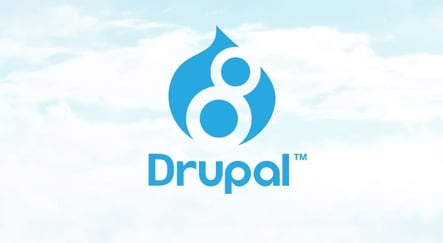Drupal is a CMS with growing popularity in web development. It’s an open-source CMS that offers a number of specific features that can be perfect for your creating flexible, scalable and secure websites.

1. Flexibility
One of the major selling points of Drupal is its ability to create and manage a wide variety of content types, including but not limited to videos, polls, blogs, podcasts, and statistics. Because of this feature, Drupal enables a flexible design platform to create content-rich websites for a variety of different markets like media or commerce. The script also includes capabilities of design elements editing, which makes it easy to create both simple and complicated web page configurations.
2. Customizability
In addition to being flexible, Drupal is also highly customizable. Boasting over 16,000 modules and plug-ins, Drupal allows you to modify, adjust and implement an endless wealth of additional custom features into your website like CRM, security, social media and SEO.
3. Scalability
Another major strength of Drupal is that it’s tremendously scalable. You can exponentially grow the number of your web pages without changing a thing. Because of this, Drupal is great at accommodating content growth. It’s also great at alternating between periods of constant traffic and high traffic spikes, which is why it's used by weather.com and whitehouse.gov.
4. Community
Drupal is an open source CMS. Aside from being a licensing option, open source is really a culture and an approach to technology that revolves around the free exchange of ideas and innovation. The open source community offers extensive public documentation, well-developed discussion boards, chat and mailing lists, alongside an air of approachable online culture.
5. Security
Last, but far from least, Drupal also offers unshakable security. As of 2015, the annual Drupal security report notes that “there have been no widely exploited vulnerabilities in Drupal core for which there was no patch or upgrade available at the time of public disclosure." The closest known instance was an exploit in a common XML-RPC code library that was in use in early versions of Drupal. All vendors using the library were at risk, but no wide attack was known to be in play.” In short, the CMS is highly secure and offers regular patches and safeguarding from exploits, making it great for enterprise clients.
Download our full-length whitepaper now to decide which CMS is best for your business.

